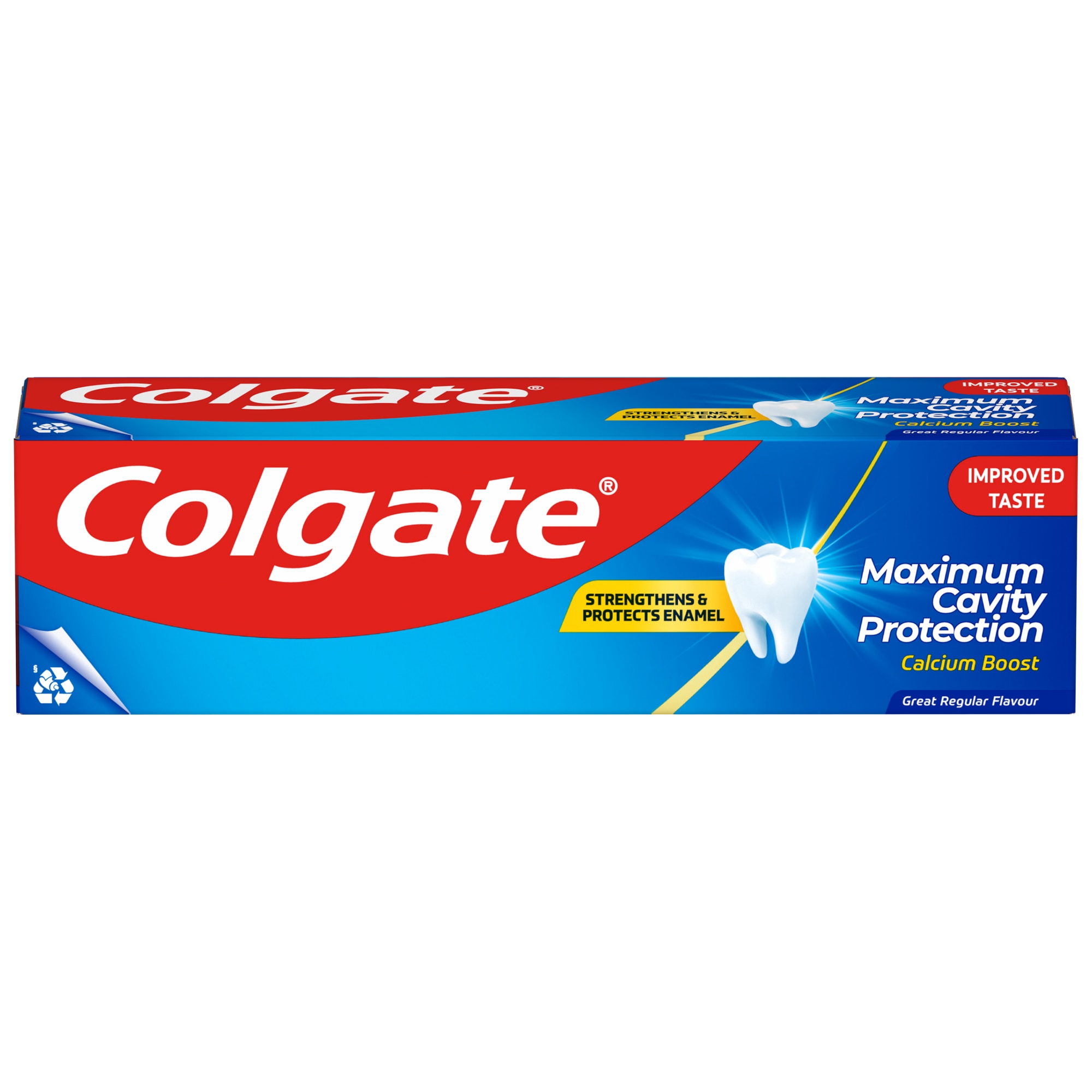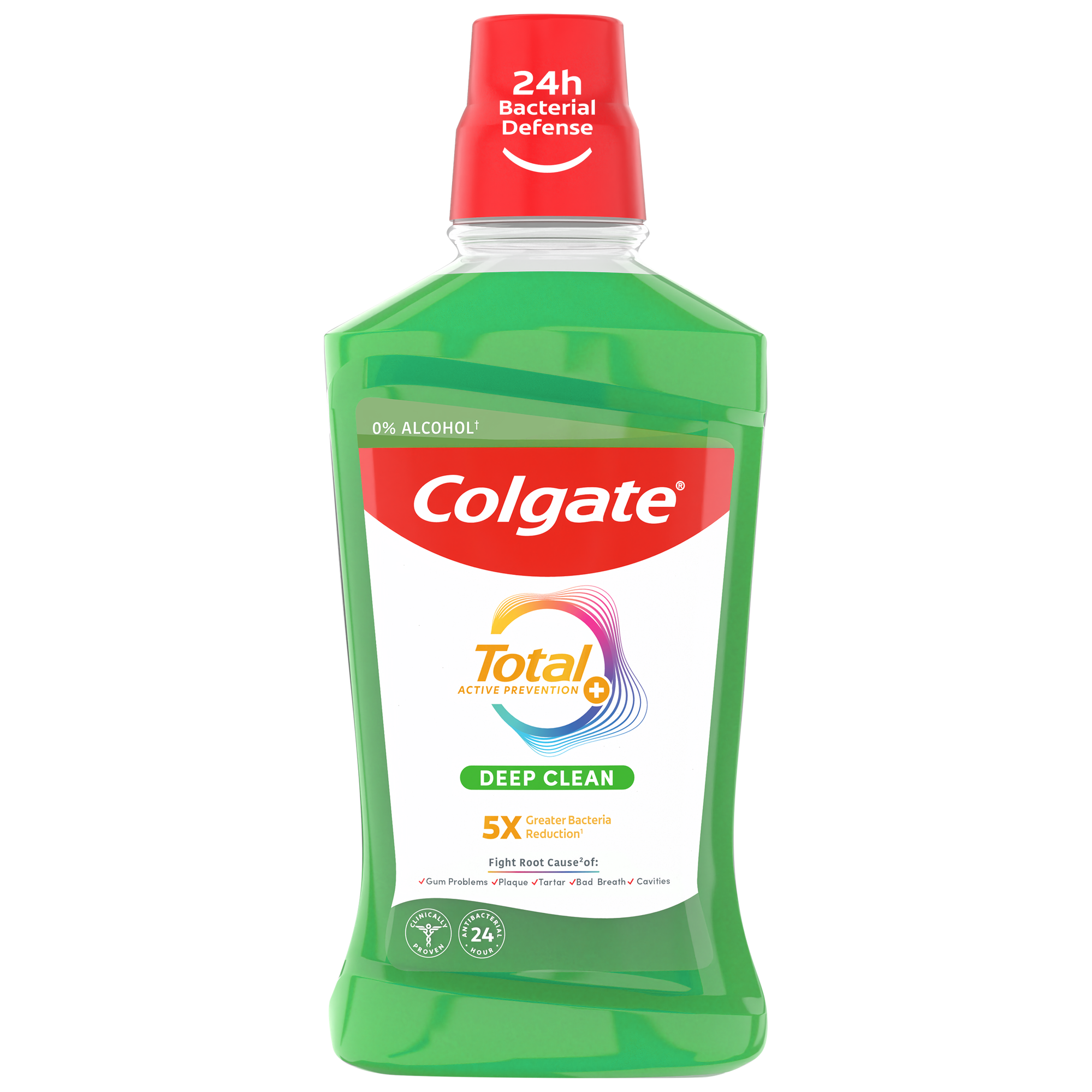- Colgate® | Toothpaste, Toothbrushes & Oral Care Resources
- Oral Health
- What Is Tooth Sensitivity?


Tooth sensitivity is tooth pain due to a wearing away of the tooth's surface or gum tissue. The most common cause of sensitive teeth in adults is exposed tooth roots due to receding gums. Because these roots are not covered by enamel, thousands of tiny channels leading to the tooth's nerve center (pulp) are exposed. When heat, cold or pressure touches these channels, you feel pain.
Ignoring your sensitive teeth can lead to other oral health problems. This is especially true if the pain causes you to brush poorly, making you vulnerable to tooth decay and gum disease.
How Do I Know if I Have Sensitive Teeth?
If you've ever felt a painful sensation in your teeth after drinking or eating hot or cold food and beverages, you've experienced tooth sensitivity. And you're not alone. It's a condition that affects one out of four adults, often coming and going over time.
How Do I Treat Sensitive Teeth?
First and foremost, tell your dentist.
Sensitive teeth can usually be treated successfully. Your dentist may prescribe a brush-on fluoride gel or a fluoride rinse. You can also try low-abrasion toothpastes with formulations made especially for sensitive teeth. Ask your dentist which anti-sensitivity products are right for you.
Be careful to brush properly or you can cause your teeth to wear away, making them sensitive. Overzealous brushing, the clasp of a partial denture, and braces can also lead to abrasion (loss of tooth surface).
This article is intended to promote understanding of and knowledge about general oral health topics. It is not intended to be a substitute for professional advice, diagnosis or treatment. Always seek the advice of your dentist or other qualified healthcare provider with any questions you may have regarding a medical condition or treatment.
Related Products

Helping dental professionals
More professionals across the world trust Colgate. Find resources, products, and information to give your patients a healthier future













